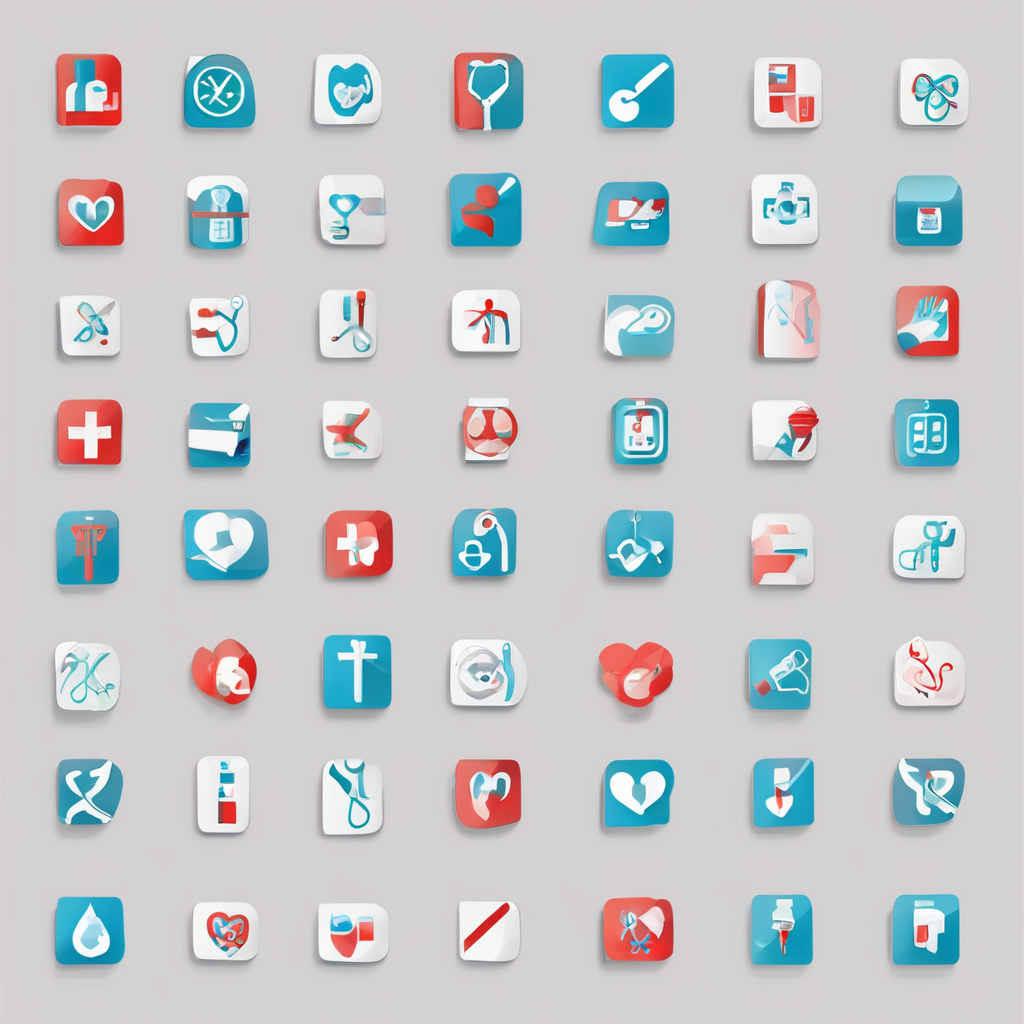Evidence-Based Strategies for Daily Stress Management
Managing stress effectively in healthcare requires practical, evidence-based stress management techniques tailored to the unique pressures of UK healthcare settings. Proven stress reduction techniques include mindfulness practices, such as brief meditation or deep breathing exercises, which can be integrated into brief moments during busy shifts to reduce acute work-related stress. Studies consistently show that these practices lower cortisol levels and improve focus, essential for maintaining patient safety and decision-making accuracy.
For health professionals juggling intense workloads, incorporating self-care for health professionals goes beyond occasional breaks. It involves creating a sustainable daily routine that balances high-intensity tasks with recovery periods. Examples include scheduled short pauses for hydration and stretching, which improve circulation and mitigate fatigue. Additionally, cognitive reframing—acknowledging stress without judgment—and prioritising tasks based on urgency and impact help maintain emotional resilience.
Topic to read : How Are UK Health Professionals Addressing the Challenges in Mental Health?
The routine implementation of these techniques not only addresses immediate stress but also builds long-term coping mechanisms. Embedding mindful self-care for health professionals within workflow promotes ongoing well-being, preventing burnout and fostering a healthier work environment. By adopting these evidence-based stress management strategies, healthcare workers can sustain both their mental health and the quality of patient care they provide.
Time Management Solutions for UK Health Professionals
Practical approaches to boost workflow and prevent burnout
In parallel : How Can Health Professionals in the UK Better Support Mental Health Awareness?
Effective time management in healthcare is critical for reducing stress and maintaining patient safety. Health professionals can prioritise tasks by severity and urgency—distinguishing between routine duties and critical interventions helps allocate attention where it matters most. This form of prioritisation enhances workflow efficiency and reduces cognitive overload during busy shifts.
To support this, using structured tools like shift planners and digital handover logs facilitates clear communication and task tracking. These resources minimise the risk of errors and help maintain continuity of care, especially in fast-paced environments. Incorporating brief but regular breaks within shift schedules, even just a few minutes, aids in sustaining focus and energy levels.
Recognising the early signs of burnout—such as exhaustion, decreased motivation, or irritability—is essential for timely intervention. Smarter time management in healthcare includes setting realistic goals and learning to delegate when possible, directly contributing to burnout prevention UK initiatives. Empowering staff with these strategies promotes not only individual well-being but also enhances overall team performance and patient outcomes.
Evidence-Based Strategies for Daily Stress Management
Effective stress reduction techniques are essential for healthcare professionals managing demanding UK clinical settings. Evidence-based stress management highlights practices like mindfulness meditation, which slows heart rate and lowers cortisol, directly reducing physiological stress. Deep breathing exercises, even brief ones during hectic shifts, provide immediate relief by promoting parasympathetic nervous system activation.
To handle acute work-related stress, cognitive techniques such as focused attention and cognitive reframing help professionals acknowledge stressors without emotional overload, improving situational awareness and decision-making clarity. Integrating these strategies into daily routines fosters sustainable resilience rather than temporary relief.
A critical component is embedding self-care for health professionals into everyday workflow, making it feasible within tight schedules. Structured micro-breaks—such as stretching or hydration pauses—counteract mental fatigue and physical tension, while reflective moments encourage emotional regulation. Employing these proven tactics ensures continuous performance and protects mental wellbeing.
By prioritising evidence-based stress management, healthcare workers not only mitigate immediate stress responses but also build durable coping mechanisms. These techniques enable health professionals to maintain high-quality patient care despite persistent pressures while preserving their own health and job satisfaction.
Evidence-Based Strategies for Daily Stress Management
Effective stress reduction techniques remain crucial for UK healthcare workers facing relentless pressures. One well-validated method involves incorporating brief mindfulness pauses during hectic shifts. These moments, lasting only a few minutes, can rapidly lower stress markers such as cortisol and restore focus for crucial clinical decisions. Mindfulness here means paying deliberate attention to the present without judgment, which fosters emotional regulation—a key benefit for preventing burnout.
Acute work-related stress can be managed using cognitive strategies like focused attention and cognitive reframing. Focused attention directs awareness to immediate tasks, reducing distractions, while cognitive reframing helps professionals reinterpret stressful scenarios, transforming them into manageable challenges rather than threats. This dual approach builds resilience by enabling clearer thinking under pressure.
Embedding self-care for health professionals into daily workflows is essential. Structured micro-breaks that include stretching or hydration prevent physical and mental fatigue. Additionally, brief reflective moments facilitate emotional processing, allowing staff to maintain psychological balance without disrupting patient care.
These evidence-based stress management tactics form a sustainable framework. When routinely applied, they enhance resilience, improve emotional wellbeing, and ultimately support continuous, high-quality patient care even in demanding UK clinical settings.
Evidence-Based Strategies for Daily Stress Management
Effective evidence-based stress management relies on a combination of scientifically validated stress reduction techniques and practical self-care for health professionals in UK clinical settings. To handle acute work-related stress during busy shifts, mindfulness practices such as focused breathing and brief meditation are invaluable. These techniques rapidly engage the parasympathetic nervous system, which helps lower heart rate and cortisol, reducing the physiological impact of stress.
Cognitive strategies like cognitive reframing allow health professionals to reinterpret challenging situations, transforming stressors into manageable tasks. This not only eases emotional burden but also sharpens decision-making under pressure. Integrating these methods into daily routines encourages emotional regulation, essential to sustain high performance and patient safety.
Embedding self-care for health professionals into workflow is critical. Structured micro-breaks, including stretching or hydration, combat fatigue without compromising patient care. Reflective pauses also support psychological resilience by allowing staff to process emotions constructively. When incorporated consistently, these practices establish sustainable coping mechanisms.
Together, these stress reduction techniques and self-care strategies form a robust framework for mitigating daily stress. They help healthcare workers maintain mental well-being and clinical effectiveness despite the demanding environment typical of UK healthcare settings.






